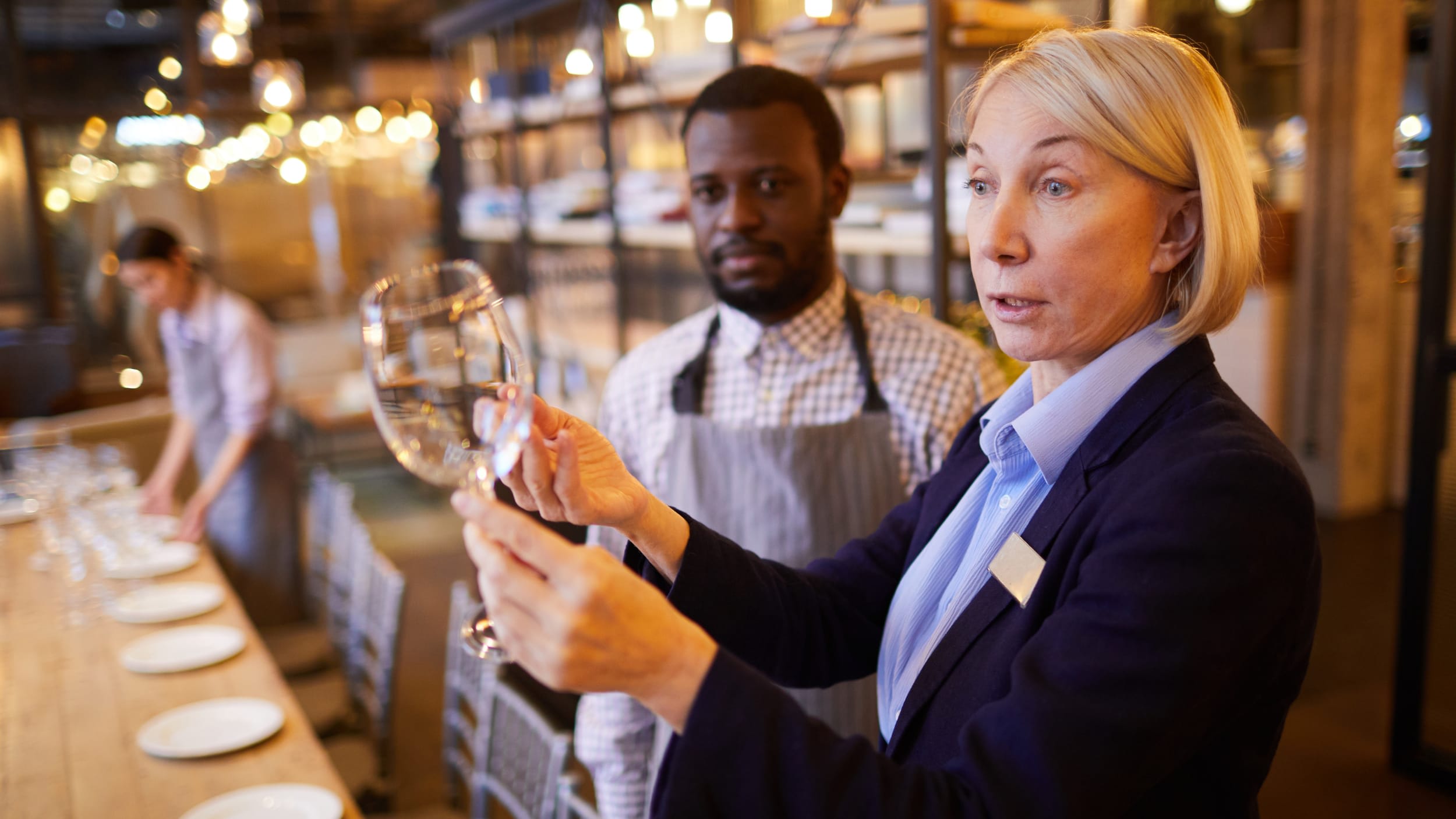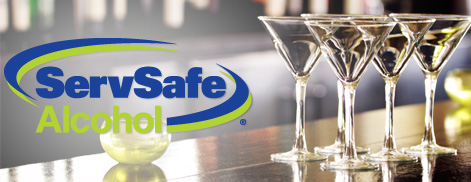Why You Need servsafe alcohol certification for Your Job in Hospitality
Why You Need servsafe alcohol certification for Your Job in Hospitality
Blog Article
Master Accountable Alcohol Solution With Comprehensive Qualification Programs
The proficiency of liable alcohol solution is not just a regulative need; it is a fundamental element that improves the reputation and operational honesty of facilities within the friendliness industry. What challenges lie ahead for those who seek to elevate their solution requirements?

Significance of Liable Alcohol Service
Liable alcohol solution is vital to advertising public health and safety in establishments that offer alcoholic drinks. It incorporates a series of methods developed to stop the overconsumption of alcohol, decrease the risk of alcohol-related injury, and ensure a secure atmosphere for customers and team alike. By supporting liable solution standards, establishments can alleviate possible events of intoxication, which might result in mishaps, physical violence, or other unfavorable results.
In addition, responsible alcohol solution enhances the general client experience. Patrons are most likely to go back to establishments that prioritize their safety and health. This commitment fosters a positive online reputation, motivating word-of-mouth references and repeat service. In addition, establishments that adhere to liable service methods usually experience lower insurance coverage premiums and decreased legal responsibilities.
Furthermore, executing responsible alcohol solution methods lines up with broader public wellness campaigns aimed at reducing chemical abuse and advertising area health. This aggressive approach not only protects specific clients yet additionally adds to a healthier society. Ultimately, liable alcohol solution is not just a lawful responsibility; it represents a moral dedication to the health of consumers and the neighborhood at huge.
Key Elements of Certification Programs
Qualification programs for responsible alcohol service usually include several essential components developed to furnish personnel with the required abilities and expertise to serve alcohol safely. These programs usually include extensive training on local and state alcohol regulations, making certain that participants comprehend their legal commitments and the effects of falling short to comply.
Another essential element is the recognition of indicators of intoxication - servsafe food handlers card. Staff are educated to acknowledge behavioral signs suggesting when a customer might be over-served, allowing them to intervene appropriately
Furthermore, efficient communication approaches are highlighted, instructing team just how to engage with customers in a way that promotes liable alcohol consumption. This consists of training in dispute resolution methods, allowing team to deal with tight spots smoothly and expertly.
Furthermore, programs frequently integrate sensible situations and role-playing workouts, providing individuals with real-life examples to practice their skills. Finally, ongoing education and resources are necessary for preserving expertise and abilities in time, as policies and ideal practices progress. With each other, these components develop a detailed structure that empowers team to foster a much safer drinking setting while reducing responsibility for establishments.
Benefits for Personnel and Establishments
Team and establishments alike gain significant gain from getting involved in responsible alcohol service accreditation programs. For team, these programs enhance understanding and abilities related to alcohol solution, furnishing them to identify indicators of drunkenness and carry out effective intervention techniques. This training not just cultivates a sense of confidence amongst workers however also promotes a culture of safety and security and responsibility in the office.
For facilities, buying certification programs can find this bring about reduced liability and fewer events connected to over-serving. By guaranteeing that team are trained in responsible solution practices, facilities can alleviate threats connected with alcohol-related cases, therefore protecting their online reputation and financial stability. Furthermore, numerous jurisdictions supply motivations, such as lower insurance costs, for accredited establishments.
In addition, executing certified practices can enhance consumer satisfaction and loyalty. Clients are most likely to return to places that prioritize their safety and security and wellness. Eventually, a dedication to accountable alcohol solution not only cultivates a favorable setting but also enhances the overall functional performance of facilities, making it a wise financial investment for long-lasting success in the friendliness market.
Typical Difficulties in Alcohol Solution
Guaranteeing efficient alcohol solution is not without its challenges, also in establishments devoted to responsible methods. One substantial challenge is the need for staff to precisely examine clients' alcohol usage levels. servsafe food handlers card. This requires an eager understanding of exactly how numerous aspects, such as food intake, resistance, and specific differences, influence drunkenness
Furthermore, the stress to maximize sales can contrast with accountable solution procedures. Employees may encounter difficulties in rejecting service click now to inebriated people, specifically in social environments where peer stress and assumptions prevail.
An additional obstacle is remaining updated with neighborhood legislations and laws concerning alcohol service. Compliance is vital, yet constant modifications in regulation can create confusion and may bring about unintended violations.
Educating programs might not always cover the nuances of real-world circumstances, leaving personnel ill-equipped to take care of intricate scenarios. Inconsistent communication in between administration and staff members pertaining to expectations for liable solution can additionally worsen these problems.
To browse these challenges efficiently, establishments should foster an atmosphere of support, highlighting the importance of link liable service while providing the essential tools and training for personnel to be successful.
Actions to Get Certification
To get Responsible Alcohol Service Qualification, applicants usually begin by researching the certain requirements mandated by their regional regulatory authorities. These demands might vary substantially depending upon the area, so it is necessary to familiarize oneself with the relevant legislations and regulations.

After choosing a program, candidates need to complete the requisite training, which generally covers subjects such as recognizing drunkenness, recognizing lawful responsibilities, and carrying out strategies for responsible solution. Individuals should actively involve with the material, as this expertise is crucial for efficient alcohol service.

Complying with training, candidates commonly take an exam to analyze their understanding of the material. Successful completion of this analysis leads to qualification.
Final Thought
To conclude, grasping accountable alcohol solution with comprehensive qualification programs is vital for promoting safety and boosting client experiences within the hospitality market. By outfitting staff with the necessary expertise and abilities, facilities not just alleviate dangers related to overconsumption and lawful responsibilities but likewise cultivate a culture of obligation. This commitment to accountable service ultimately causes boosted client loyalty and functional success, strengthening the relevance of ongoing training and adherence to alcohol service criteria.
Report this page